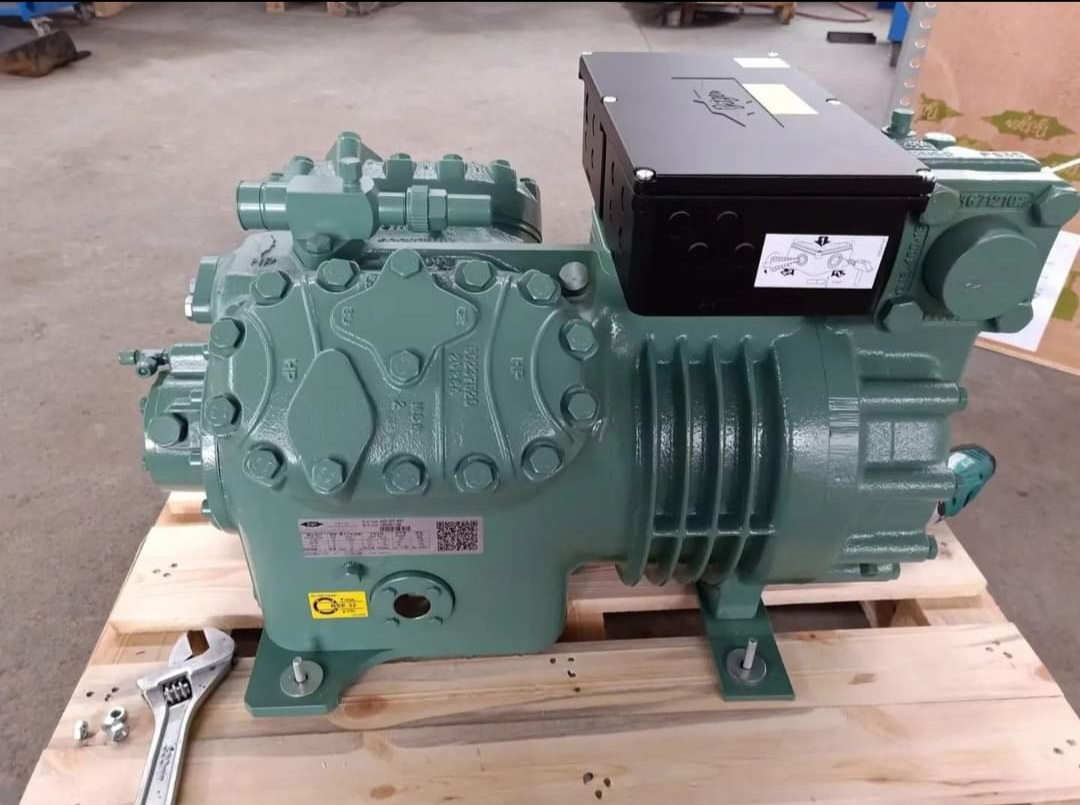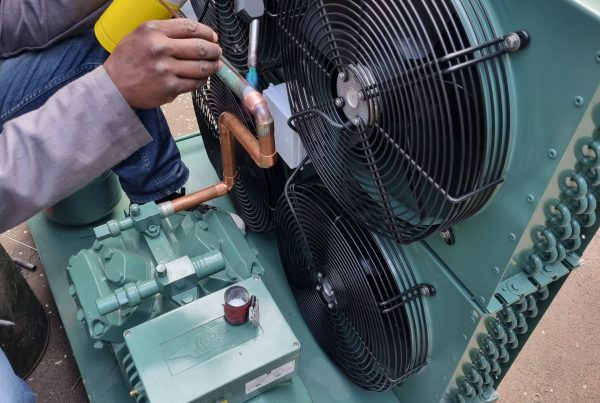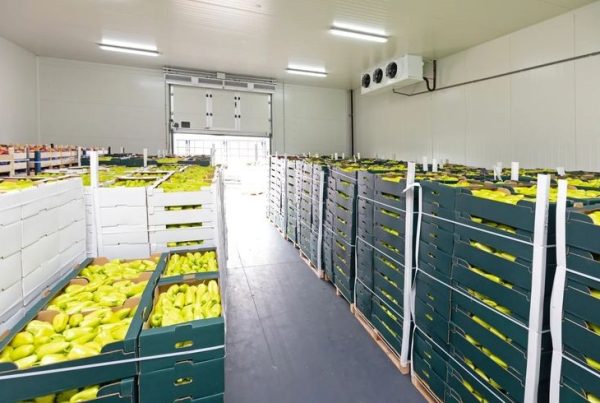When Should I Change My Old Compressor?
Introduction
Welcome to this comprehensive guide on when to change your old compressor. If you’re wondering whether it’s time to bid farewell to your trusty compressor and invest in a new one, you’ve come to the right place. In this article, we’ll provide you with expert insights, practical advice, and answers to frequently asked questions to help you make an informed decision. So, let’s dive in and explore the signs indicating that it’s time for a compressor upgrade.
Signs It’s Time to Change Your Old Compressor
1. Decreased Performance
One of the first signs that it may be time to replace your old compressor is a noticeable decline in performance. If you’ve been experiencing reduced airflow, longer cooling or inflation times, or inconsistent pressure levels, it’s a clear indication that your compressor is no longer functioning optimally.
2. Excessive Noise and Vibrations
As compressors age, they often become louder and produce more vibrations. If you find that your old compressor is making unusual or excessively loud noises, or if it’s shaking more than usual, it could be a sign of internal wear and tear. These issues may indicate that it’s time to consider investing in a new compressor.
3. Frequent Breakdowns and Repairs
Are you spending a significant amount of time and money on repairing your old compressor? If your compressor is experiencing frequent breakdowns and requiring constant repairs, it may be more cost-effective in the long run to replace it. Continually patching up an aging compressor can lead to ongoing frustration and increased maintenance expenses.
4. Energy Inefficiency
Older compressors are often less energy-efficient than their modern counterparts. If you notice a significant increase in your energy bills without any other explanation, your old compressor may be to blame. Upgrading to a newer, energy-efficient model can help you save money on your utility costs in the long term.
5. Outdated Technology
Technology evolves rapidly, and compressors are no exception. If your old compressor lacks the latest features and advancements, you may be missing out on improved performance, energy efficiency, and user-friendly controls. Upgrading to a new compressor can provide you with access to cutting-edge technology and enhanced functionality.
6. Safety Concerns
Older compressors may present safety risks due to worn-out components, weakened hoses, or outdated safety mechanisms. If you’ve noticed any leaks, unusual odors, or other potential hazards, it’s crucial to prioritize your safety and consider replacing your old compressor with a newer model that adheres to current safety standards.
FAQs about Changing Your Old Compressor
Q1: How often should I change my old compressor?
A1: The lifespan of a compressor can vary depending on several factors, such as usage, maintenance, and environmental conditions. On average, compressors tend to last between 10 to 15 years. However, it’s essential to monitor its performance regularly and look out for signs of wear and tear.
Q2: Can I repair my old compressor instead of replacing it?
A2: In some cases, minor repairs can extend the life of your compressor temporarily. However, if your compressor is already experiencing significant issues or is near the end of its expected lifespan, it’s often more cost-effective to invest in a new compressor rather than repeatedly repairing an old one.
Q3: How can I improve the lifespan of my compressor?
A3: Regular maintenance is key to prolonging the lifespan of your compressor. Ensure you follow the manufacturer’s recommendations for maintenance tasks, such as cleaning or replacing filters, checking lubrication levels, and inspecting electrical connections. Additionally, providing proper ventilation and keeping your compressor away from moisture and extreme temperatures can help preserve its longevity.
Q4: What are the benefits of upgrading to a new compressor?
A4: Upgrading to a new compressor offers several advantages, including improved performance, energy efficiency, enhanced safety features, and access to the latest technological advancements. A new compressor can also provide peace of mind, knowing that you have a reliable and efficient machine to meet your air compression needs.
Q5: Can I recycle my old compressor?
A5: Yes, you can recycle your old compressor. Many local recycling centers or waste management facilities accept appliances like compressors for proper disposal and recycling. Contact your local authorities or recycling facilities to learn about the recycling options available in your area.
Q6: What should I do with my old compressor if it’s still in working condition?
A6: If your old compressor is still functioning well, consider donating it to a charitable organization, a trade school, or a local community workshop. This way, you can help others who may benefit from a functional compressor while ensuring it doesn’t go to waste.
Conclusion
Knowing when to change your old compressor is essential for maintaining optimal performance, safety, and energy efficiency. By paying attention to signs of decreased performance, excessive noise, frequent breakdowns, energy inefficiency, outdated technology, and safety concerns, you can make an informed decision about upgrading your compressor. Remember to assess your specific needs and consult with professionals if you require expert advice tailored to your unique situation. Now that you have the knowledge, it’s time to decide whether it’s time to bid farewell to your old compressor and welcome a new one into your workspace





